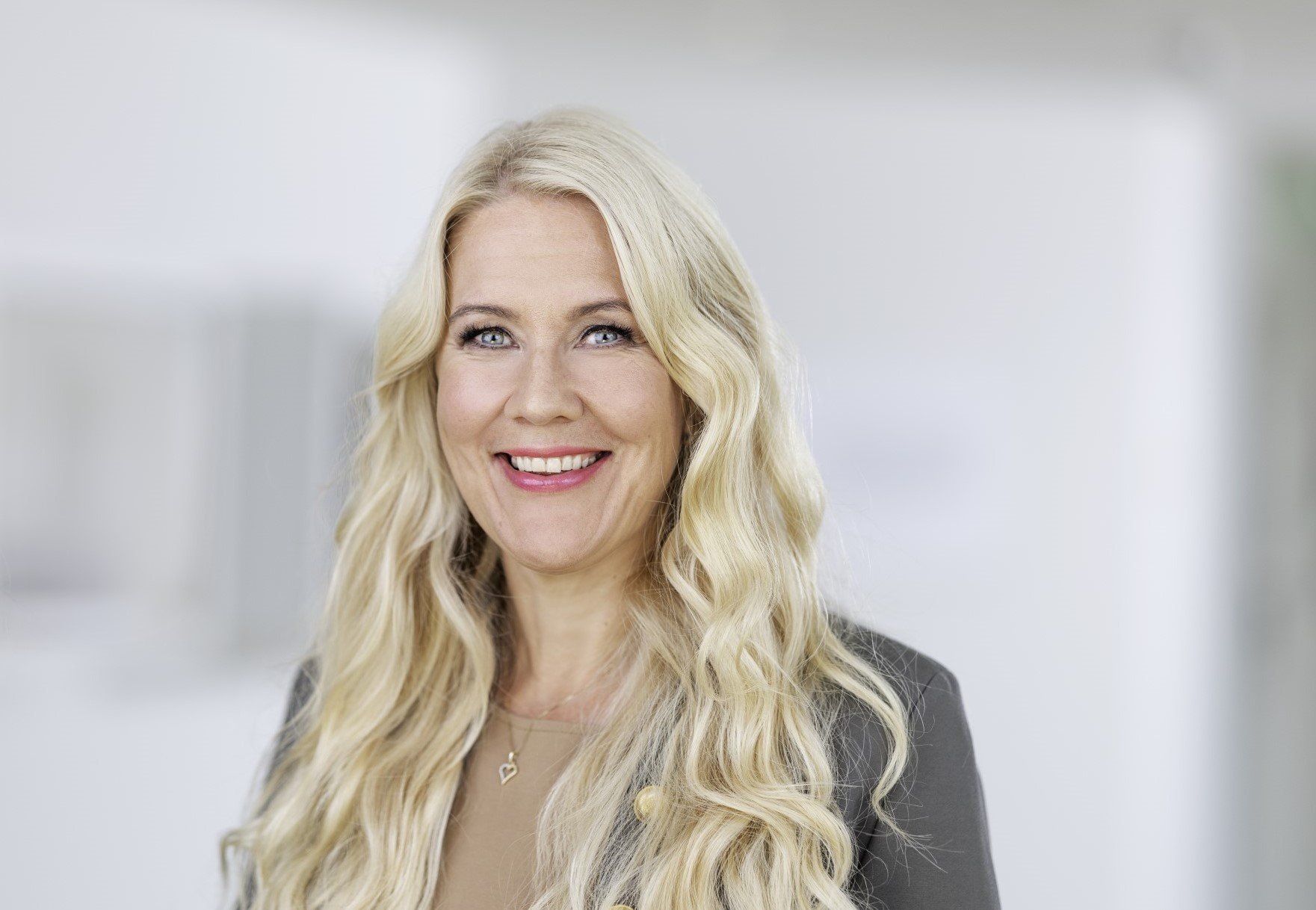Responsibility is no longer about tinkering or ‘box ticking’ for companies, but hard work done at the heart of the business. The big question in the coming years will be how to bring SMEs on board the green transition without overburdening them.
Three quarters of executives who responded to OP’s survey of large corporations say that they are prepared to take sustainable measures that impact negatively on their company’s growth and profitability. More than half of big firms view sustainability actions that impact negatively on performance as an opportunity rather than a risk.
This indicates a major change in mindset, which has been accelerated by the coronavirus epidemic and Russia’s war of aggression.
Responsibility is no longer about tinkering or ‘box ticking’ for companies, but hard work done at the heart of the business.
Meanwhile, corporate responsibility obligations have grown from year to year. This is affecting the entire supply chain as well as large companies themselves.
As many as 42 per cent of large corporations state that they have already changed subcontractors due to growing responsibility obligations. In addition, just under half say that they are planning changes in their subcontracting chain in the near future.
Corporate responsibility obligations are already starting to ‘trickle down’ to SMEs. Companies whose business activities bear scrutiny will be in pole position when supply chains are reorganised in the coming years.
EU sustainability regulation is being built in stages and will mainly apply to large companies first. However, large corporations already need to gather wide-ranging information about the activities of their supply chains, trading partners and customers. Changes in the supply chain are possible, or even probable, if such information is not forthcoming or does not stand the light of day.
The sustainability reporting framework and system are still taking shape, particularly on the activities of SMEs. Small and mid-size enterprises need expertise and help to fulfil their growing reporting obligations.
On the other hand, corporate responsibility work involves much more than reporting. At best, the green transition could provide Finland with a huge advantage in attracting sustainable investments. We only have to look back through the headlines of recent weeks to see examples of green industrial investments.
SMEs are hugely important to Finland’s GDP. The big question in the coming years will be how to bring SMEs on board the green transition without overburdening them. That’s why this question should already be on the agendas of large companies and decision-makers.
This article was originally published in Kauppalehti on February 13, 2023 (in finnish)
Kirjoittaja on OP Yrityspankin toimitusjohtaja ja Harvardin alumni.
Lisää aiheesta
Aiemmat kirjoitukset
- Toimitusketjujen pudotuspeli korostaa pk-yritysten vastuullisuustyön tukemisen tärkeyttä
- Vain rohkeus vie huipulle
- Onko yrityksesi huomisenkestävä? Älä sivuuta näitä viittä voimaa
- Vihreä siirtymä, valoisampi huominen – kaiken ytimessä on Suomen kilpailukyky
- ESG-asiansa hyvin hoitavilla pk-yrityksillä on nyt selkeä kilpailuetu
